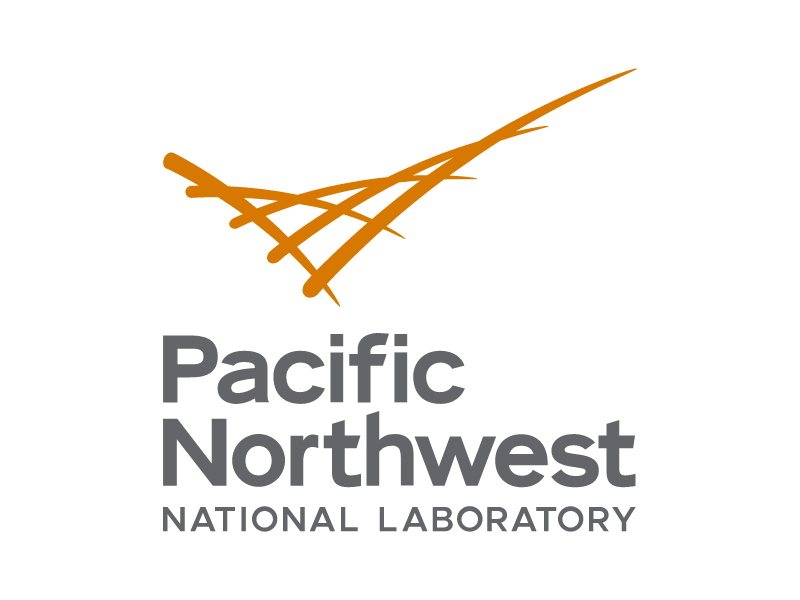Dr Andrea Copping
Senior Researcher and Advisor
Pacific Northwest National Laboratory (PNNL)
Dr. Andrea E. Copping joined Pacific Northwest National Laboratory (PNNL) in 2006, as a senior researcher. Dr. Copping focuses on marine renewable energy development for PNNL on behalf of the Department of Energy.
Using risk-based approaches, Dr. Copping leads a research team that integrates laboratory, field, and modeling measurements into a coherent body of evidence to support siting and permitting decisions, and to understand the role that these effects play in technology development and project initiation. She leads OES-Environmental – an international project on environmental effects of marine energy development that shares environmental effects information to benefit from progress made around the world, under the IEA Ocean Energy Systems. She also leads projects that focus on fundamental research and development that support Blue Economy development, including ocean observations, aquaculture, and providing power to remote communities and islands, as well as leading the PRIMRE system of databases and information hubs that house all US marine renewable energy data. Dr. Copping works across several scientific disciplines to determine implications of human stressors on marine resources and ecosystems processes, working with stakeholder groups and resource managers to ensure that the available scientific information is accessible and available.
Dr. Copping holds a B.Sc. in marine biology from McGill University and an M.S. and a Ph.D. in biological oceanography from the University of Washington. Although trained as a blue water oceanographer, she has spent most of her professional career on interactions between human activities and the marine environment in coastal and estuarine areas. Previously, she was Associate Director of the Washington Sea Grant, University of Washington, responsible for research and outreach on a wide range of marine topics. Dr. Copping holds the position of Distinguished Faculty Fellow in the School of Marine and Environmental Affairs at the University of Washington, is an Associate Editor for the Coastal Management Journal, serves on the editorial board of the International Marine Energy Journal, and serves on scientific advisory boards for national marine energy development for Ireland, France, Chile, and Australia.
Dr. Andrea E. Copping joined Pacific Northwest National Laboratory (PNNL) in 2006, as a senior researcher. Dr. Copping focuses on marine renewable energy development for PNNL on behalf of the Department of Energy.
Using risk-based approaches, Dr. Copping leads a research team that integrates laboratory, field, and modeling measurements into a coherent body of evidence to support siting and permitting decisions, and to understand the role that these effects play in technology development and project initiation. She leads OES-Environmental – an international project on environmental effects of marine energy development that shares environmental effects information to benefit from progress made around the world, under the IEA Ocean Energy Systems. She also leads projects that focus on fundamental research and development that support Blue Economy development, including ocean observations, aquaculture, and providing power to remote communities and islands, as well as leading the PRIMRE system of databases and information hubs that house all US marine renewable energy data. Dr. Copping works across several scientific disciplines to determine implications of human stressors on marine resources and ecosystems processes, working with stakeholder groups and resource managers to ensure that the available scientific information is accessible and available.
Dr. Copping holds a B.Sc. in marine biology from McGill University and an M.S. and a Ph.D. in biological oceanography from the University of Washington. Although trained as a blue water oceanographer, she has spent most of her professional career on interactions between human activities and the marine environment in coastal and estuarine areas. Previously, she was Associate Director of the Washington Sea Grant, University of Washington, responsible for research and outreach on a wide range of marine topics. Dr. Copping holds the position of Distinguished Faculty Fellow in the School of Marine and Environmental Affairs at the University of Washington, is an Associate Editor for the Coastal Management Journal, serves on the editorial board of the International Marine Energy Journal, and serves on scientific advisory boards for national marine energy development for Ireland, France, Chile, and Australia.







